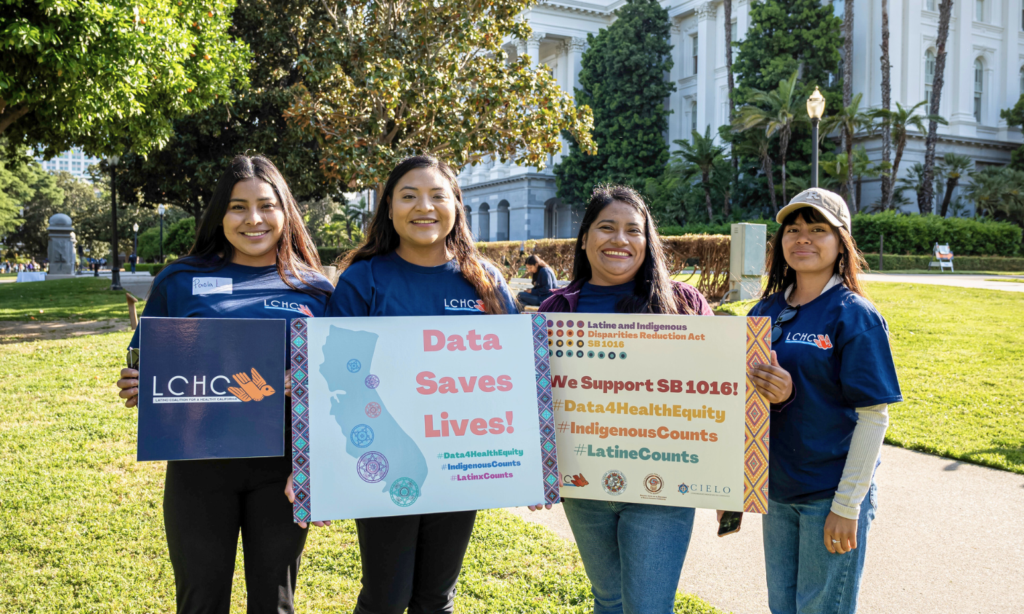The state of Illinois is launching a digital maternal health pilot project, offered in collaboration with Drive Health and Google, that seeks to give 56,000 participants in rural Cook County access to an artificial intelligence agent that can provide real-time maternal health advice – helping manage care plan adherence, order genetic screening tests, book vaccination appointments and more.
WHY IT MATTERS
The infant mortality rate in Illinois is 0.2 percentage points higher than the national average, according to the state's Department of Public Health. Drive Health, Google Public Sector and Illinois officials said in a statement this week that a third of Illinois counties are maternal care deserts.
Among pregnant women in Medicaid populations, nearly 40% of behavioral health conditions go untreated, officials notes, and in the Prairie State, more than 90% of hospitals have mental health care shortages.
Women in Cook County who are considering starting a family, as well as expectant mothers and mothers with children under three years old, are eligible to participate in the new pilot, which aims to address those disparities.
Consenting participants will receive a Google Pixel 8a phone to communicate with Drive's AI agent, Avery, and a Fitbit Inspire 3 device that tracks physical activity, heart health data and sleep vitals.
With the platform's access to user data, Nurse Avery can offer personalized recommendations tailored to each mother-to-be's unique needs.
A representative of the companies told Healthcare IT News by email that a former Illinois state senator, James Clayborne Jr., was instrumental in championing this new opportunity.
"As a former Senator representing the 57th District for more than twenty years and as a practicing attorney, I have witnessed firsthand the healthcare challenges faced by underserved communities in Southern Illinois," said Clayborne in a statement.
"When I learned that Drive Health had pioneered a solution that would directly impact the most vulnerable in Illinois, I was happy to help bring the program to life," he added. "This program will have a measurable, immediate impact on the communities that need it most."
The HIPAA-compliant agentic AI engages patients proactively, offering reminders, answering questions and prompting care plan adherence, according to the partners.
Some of the available services on the platform include nutritional support and guidance, such as advising on proper folic acid intake so critical to healthy fetal development, consultations on managing chronic diseases like diabetes and resources for mental health support and stress management.
The AI health assistant can also coordinate vaccinations with healthcare providers and offers access to lab-based genetic risk screenings to identify risks that support personalized care.
Drive's platform features voice-command options for those with limited technical abilities while Google Cloud’s infrastructure manages patient data security.
THE LARGER TREND
Vulnerable populations in rural and urban areas face significant maternal health disparities, which affect women of color at higher rates. Only a quarter of high-risk mothers on Medicaid receive consistent prenatal care, according to the joint announcement about Nurse Avery's availability in Cook County.
Conversational AI has been shown to support maternal healthcare.
Last year, Penn Medicine researchers said that 70% of patient questions were correctly answered by a conversational AI they call Penny and its underlying text-based technology. The health system worked with AI vendor Memora Health to create a postpartum conversational chatbot, leveraging natural language processing.
Penny used clinical algorithms to assess "fourth trimester" patient care needs, such as a report of lower-leg swelling, which could be a sign of postpartum preeclampsia or deep venous thrombosis. If a patient were to type "Text Me" to Penny, Penn Medicine's clinical teams would get alerts and respond to patients manually.
"Overall, we think this multi-pronged approach, enhanced through AI technology, is able to efficiently solve a longstanding problem we've experienced in caring for new mothers," Dr. Kirstin Leitner, an assistant professor of clinical obstetrics and gynecology at Penn Medicine, told Healthcare IT News.
"In implementing this tool, we've made sure to include patient feedback so they feel supported throughout their entire postpartum care journey."
ON THE RECORD
"The Healthy Baby pilot represents a critical step in maternal healthcare, showing how AI can help deliver personalized, proactive health support directly to underserved mothers," said Chris Hein, Google Public Sector's field chief technology officer, in a statement.
"Our mission has always been to create technology that breaks down barriers and democratizes healthcare access," added Kevin Longoria, CEO of Drive Health. "Partnering with Google, the state of Illinois and former Senator James Clayborne to launch Healthy Baby represents a critical milestone in our commitment to supporting the most vulnerable populations."
Andrea Fox is senior editor of Healthcare IT News.
Email: afox@himss.org
Healthcare IT News is a HIMSS Media publication.









 English (US) ·
English (US) ·